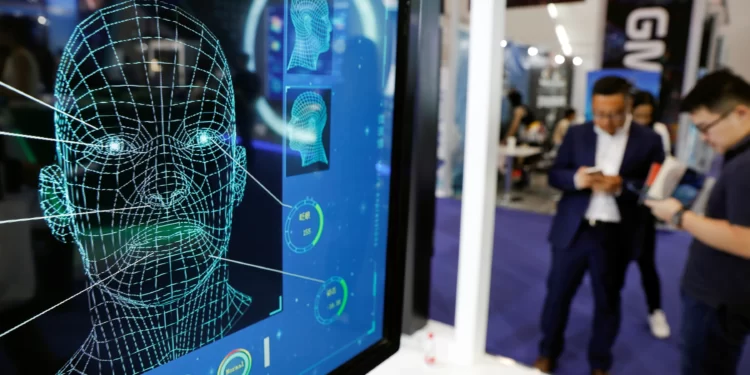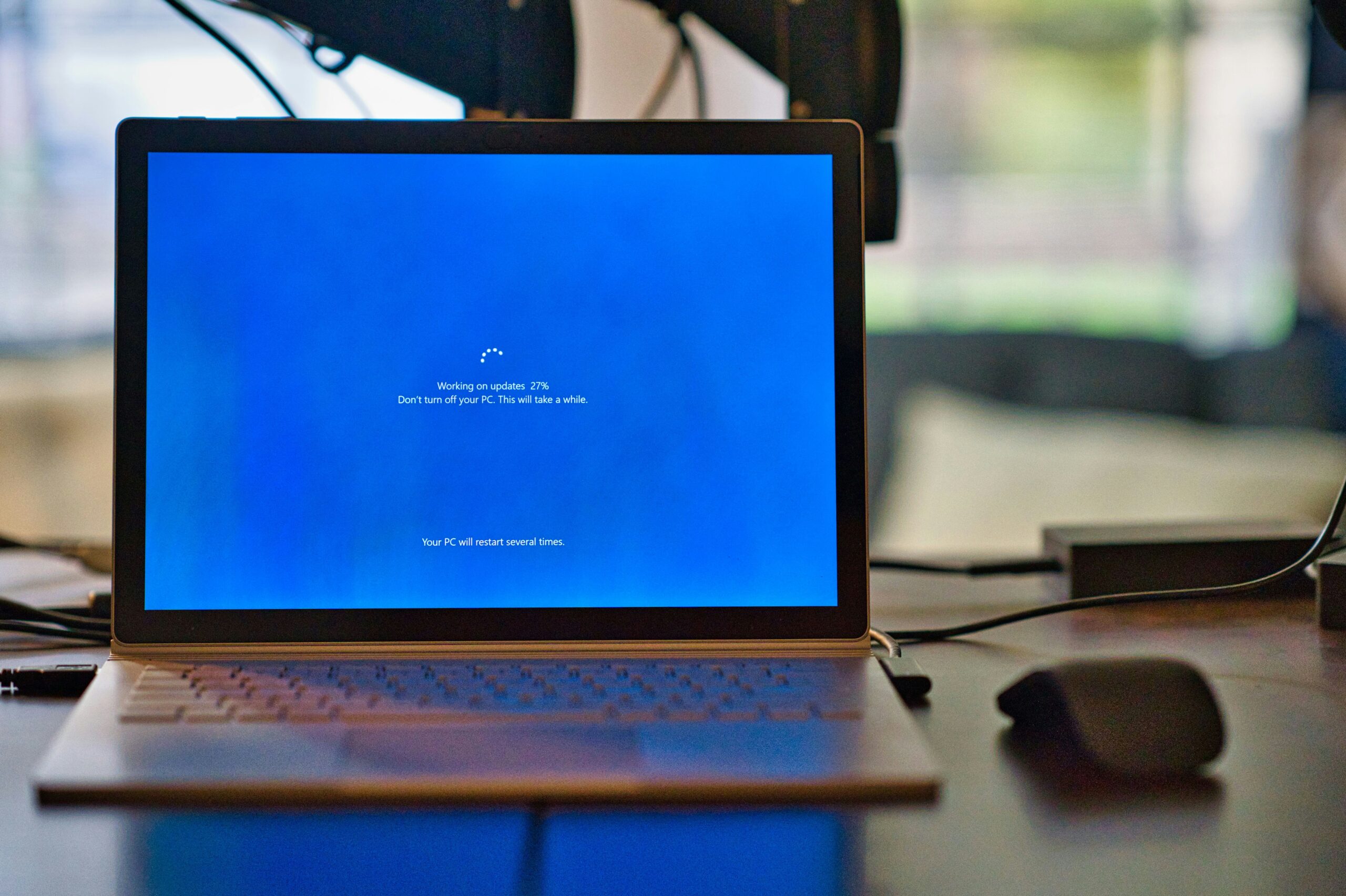The Intersection of AI and Privacy: Protecting Personal Data in the Digital Age
The explosive growth of artificial intelligence (AI) has brought with it amazing new possibilities, but it has also forced us to pay closer attention to the protection of personal data. As AI becomes more sophisticated, it has access to more and more data, and with that access comes the potential for misuse, such as the sale of personal data for marketing campaigns or surveillance. As a result, there is a need for better security protocols to ensure that our data is kept safe, and key to this is a better understanding of the intersection between AI and privacy.
Privacy and AI
AI is much more than “a black box” of uncharted technology; it is powerful enough to process and utilize massive data sets, and its role in our lives is ever increasing. This makes protecting user data more important than ever, as AI systems can be used to unearth deep insights and predictions from personal data that we may not be aware of. As such, it is essential that we have a solid set of privacy protocols in place that protect user data, while also enabling the development of AI systems.
The Importance of Privacy Protocols
Privacy protocols are important for a variety of reasons. Firstly, they define the boundaries of the data that can be collected and used, as well as how it will be used. This helps to ensure that data can only be used for the intended purpose and that it is not compromised or abused in any way. Secondly, they provide a clear framework for how AI systems can process and use data to ensure compliance with privacy regulations and laws. Finally, they also ensure that there is transparency and accountability when it comes to the use of personal data, so that users are aware of how and why their data is being used.
New Framework for Privacy Protection
Governments and organizations worldwide are taking steps to develop new frameworks to ensure that user data is kept safe and secure. The EU’s General Data Protection Regulation (GDPR) is a prime example of this, as it sets out clear guidelines on how companies must protect user data. In addition, there have been moves to create new tools such as Encrypted Data Sharing, which enable data to be shared securely and anonymously between parties.
The Future of AI and Privacy
It is clear that AI and privacy will remain closely intertwined in the years ahead. As AI becomes more powerful, the need to protect user data will only become more urgent. New privacy protocols and frameworks must be put in place to ensure that user data is kept safe and secure and only used for the purpose it was intended for. The future of AI and privacy is one that we must tackle together, and it is one that will shape the way we live in the digital age.








